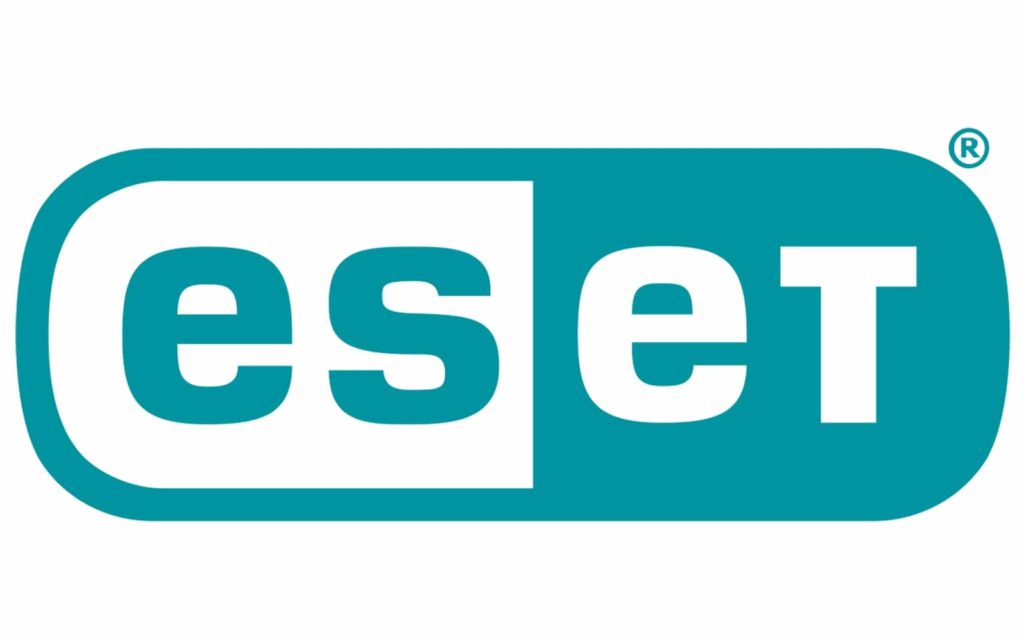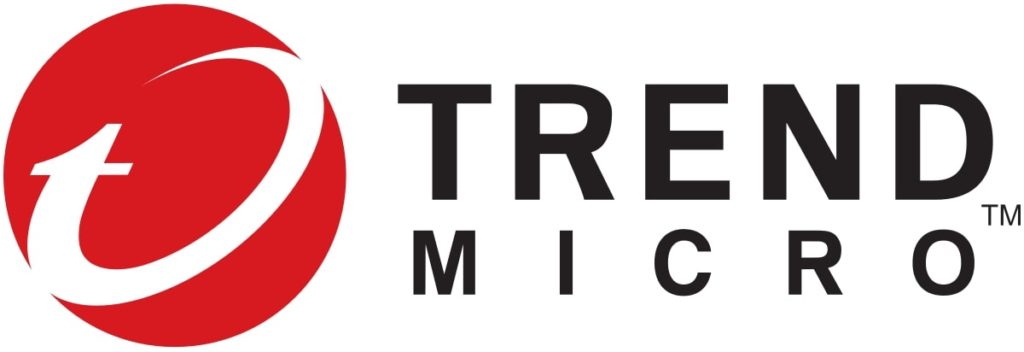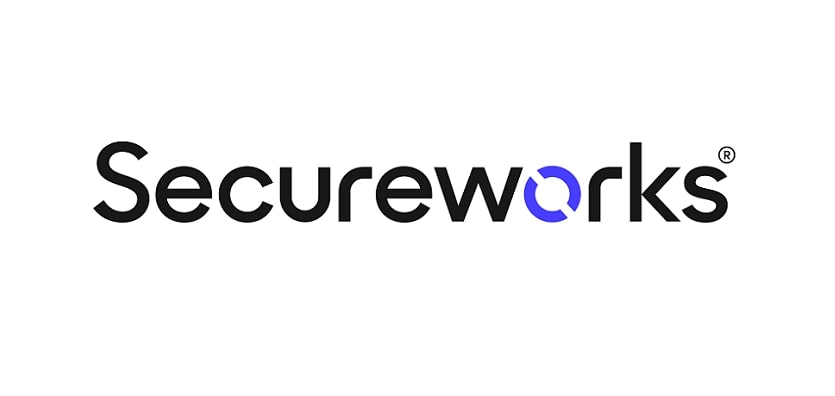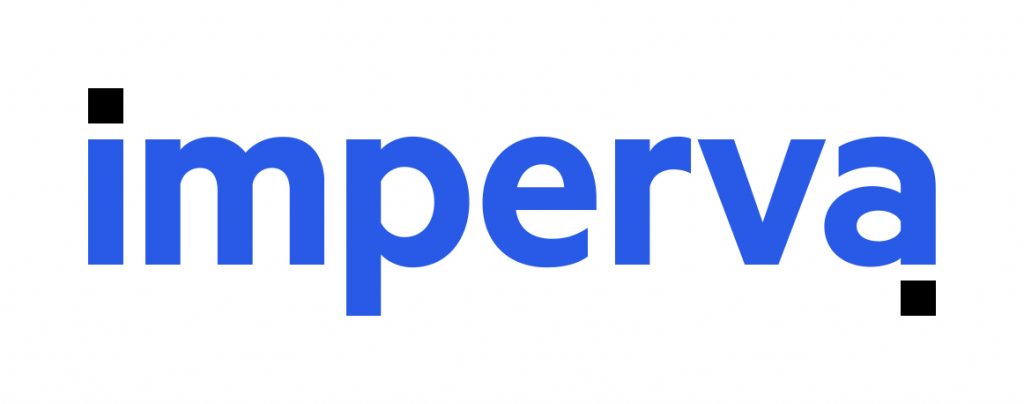Varonis Systems – A Software Company That Started To Mainly Protect Unstructured Data.
In 2005, Yaki Faitelson and Ohad Korkus founded Varonis Systems to help organizations track, visualize, and protect their unstructured data. Varonis Systems is based in New York City, US and it has R&D offices in Herzliya, Israel. Varonis offers services globally and it has approximately 1,700 employees and more than 7,000 customers.
Though Varonis is a computer software company working to protect the unstructured data of its clients, it works a bit differently than other conventional cybersecurity firms. With the help of various platforms and data-tracking technology of Varonis, organizations can keep a real-time awareness of how every employee is accessing and using data to stop any malicious attacks.
About Varonis Systems
Since data is at the center of every organization, Varonis builds advanced platforms to help clients protect their unstructured data. In every organization, multiple malicious attacks that compromise sensitive data take place both from an external and internal source. To protect data, Varonis performs User Behavior Analytics (UBA) to identify any abnormal behavior before a cyberattack. The principle working pattern of Veronis is to extract the metadata from an organization’s IT infrastructure and then use the necessary information to map relationships among employees, data, etc.
Varonis has multiple types of products as per the need of a customer. Some of them are DatAlert (UBA and Data Security), DatAdvanatge (Data Governance and Data Protection), DatAnywhere (Enterprise File Sync and Sharing), etc. In 2008, the company made it to the list of Fast 50 Reader Favourites. Earlier this year, the company was awarded a Cyber Catalyst designation for its data security platform.
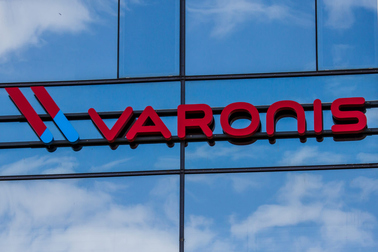
The Idea Behind Founding Varonis
A big idea doesn’t emerge out of thin air. Whenever we are trying to find a solution to fix our problem, we hardly have any idea that how many people can benefit from an effective solution. The idea to establish Varonis Systems always emerged as a solution when the two founders were trying to find a solution to protect data. In 2003, an oil and gas company almost faced a disaster when they took high-resolution images of the ocean floor. But, one day the photographs suddenly disappeared from their server and no experts were able to discover what took place.
Unable to understand if the data was deleted by an accident or deliberately, the security experts saw an opportunity in the software industry. With every passing data, data is becoming more valuable to an individual, an enterprise, a nation, and to the whole world. So, security and systems experts (who previously worked at NetVision and NetApp), Yaki Faitelson, and Ohad Korkus founded Varonis Systems in 2005. They wanted to give organizations more visibility to their data and protect sensitive information.
History Of The Company
Varonis offers multiple ways for an organization to protect its data from both the employees of the company and external sources. The company mainly addresses issues like file activity tracking, access control, and information rights management. Varonis enables a company to track the behavior of an employee in the data server and if there is any abnormal behavior the system will be alerted. The co-founders created a system such that it would be able to extract metadata in the file systems.
While they were developing the product, they brought Dr. Jacob Goldberger, statistical modeling and machine learning expert onboard. He mainly helped the team to develop the algorithms that would provide the user data link. In 2005, these three people filed a patent and it was approved in 2006. The same year, Veronis released its first product, DatAdvanatge so that enterprises can monitor their file activity, data access rights, user behavior, etc. After a few years, the company added the IDU Classification Framework so that the system was able to search for various keywords and phrases. The main investors of the company are Accel Partners, Evergreen Venture Partners, Gitano Venture Capital, and EMC.
Yaki Faitelson – CEO Of Veronis Systems
Yaki Faitelson is the co-founder and current CEO of Veronis Systems. He is also the Chairman of the Board. Before co-founding Veronis Systems, Yaki served at many leadership positions in the global professional services and systems integration divisions of NetVision and Network Appliance.

Annasha Dey is an NIT student, who apart from studying engineering is also a content writer. She has a great interest in photography, writing, reading novels, and travelling as well. She is a foodie who loves socializing and hanging out with her friends. She is also a trained Kathak dancer and a big fashion enthusiast. Dey also loves watching TV series, which includes F.R.I.E.N.D.S. and Big Bang Theory. To be a better writer she prefers to read more
